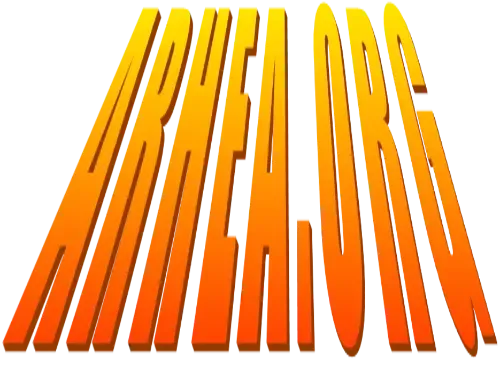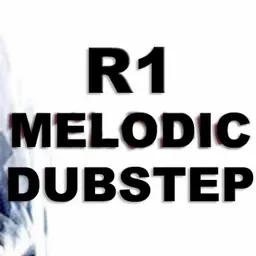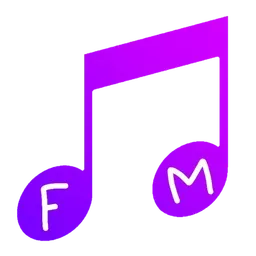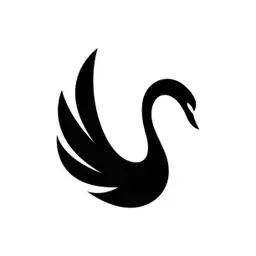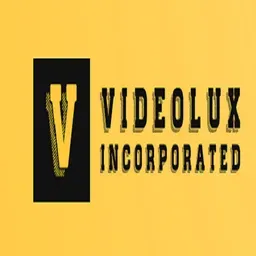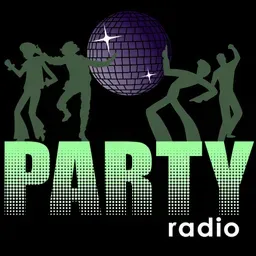
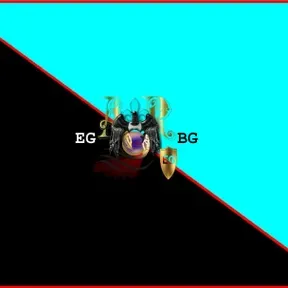
ARHEA-ORG
Let's not forget to visit the media ARHEA ORG / ask our questions to ARHEA ORG / share the most important topics through ARHEA ORG
Fine art, music, video sharing and graphics. WHEN USING EXTERNAL PROGRAMS Copyright. All files on the page are for educational purposes. This page is made for non-commercial purposes. If copyright holders object to the use of a work or part of a work that is subject to the Copyright and Related Rights Act or object to the manner in which it is used, please contact us at e-mail: arheabooks@gmail .com and we will promptly comply with the requests by removing the relevant copyrighted objects from the page. FREE DISTRIBUTION CODE - CCL / OSDAll Creative Commons licenses have many important features in common. Every license helps creators — we call them licensors if they use our tools — retain copyright while allowing others to copy, distribute, and make some uses of their work — at least non-commercially. Every Creative Commons license also ensures licensors get the credit for their work they deserve. Every Creative Commons license works around the world and lasts as long as applicable copyright lasts (because they are built on copyright). These common features serve as the baseline, on top of which licensors can choose to grant additional permissions when deciding how they want their work to be used. A Creative Commons licensor answers a few simple questions on the path to choosing a license — first, do I want to allow commercial use or not, and then second, do I want to allow derivative works or not? If a licensor decides to allow derivative works, she may also choose to require that anyone who uses the work — we call them licensees — to make that new work available under the same license terms. We call this idea "ShareAlike" and it is one of the mechanisms that (if chosen) helps the digital commons grow over time. ShareAlike is inspired by the GNU General Public License, used by many free and open source software projects. Our licenses do not affect freedoms that the law grants to users of creative works otherwise protected by copyright, such as exceptions and limitations to copyright law like fair dealing. Creative Commons licenses require licensees to get permission to do any of the things with a work that the law reserves exclusively to a licensor and that the license does not expressly allow. Licensees must credit the licensor, keep copyright notices intact on all copies of the work, and link to the license from copies of the work. Licensees cannot use technological measures to restrict access to the work by others. An open-source license is a type of license for computer software and other products that allows the source code, blueprint or design to be used, modified and/or shared under defined terms and conditions. This allows end users and commercial companies to review and modify the source code, blueprint or design for their own customization, curiosity or troubleshooting needs. Open-source licensed software is mostly available free of charge, although this does not necessarily have to be the case. Licenses which only permit non-commercial redistribution or modification of the source code for personal use only are generally not considered as open-source licenses. However, open-source licenses may have some restrictions, particularly regarding the expression of respect to the origin of software, such as a requirement to preserve the name of the authors and a copyright statement within the code, or a requirement to redistribute the licensed software only under the same license (as in a copyleft license). One popular set of open-source software licenses are those approved by the Open Source Initiative (OSI) based on their Open Source Definition (OSD)
